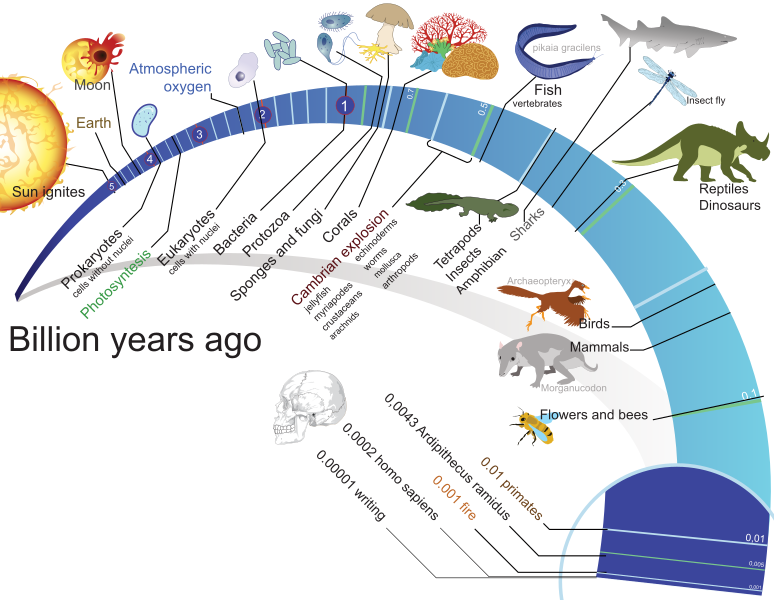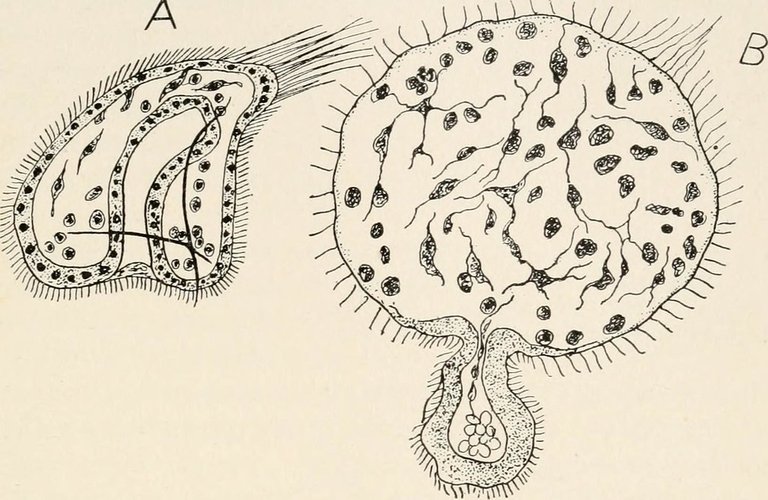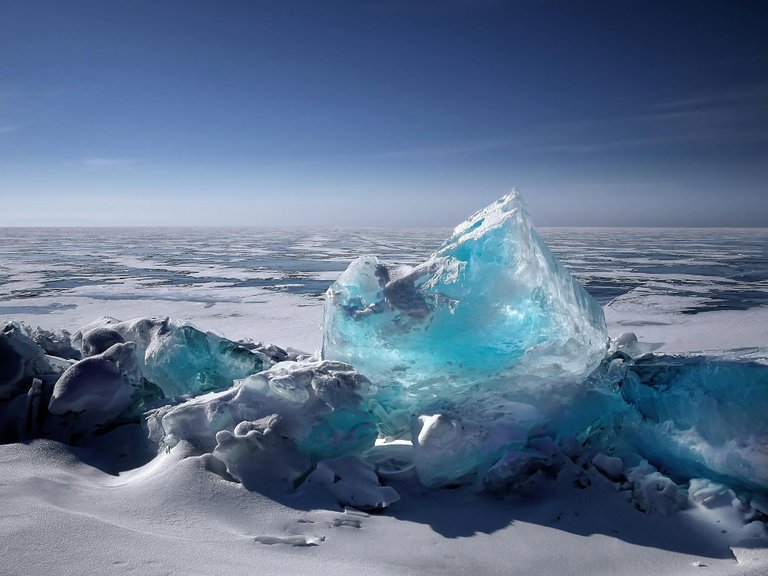Oxygen; The Double Edge Sword in Evolution
Going by the calculation of those geeky scientists and researchers, we can say that life has been in existence in the world for about 3.7 billion years. That a whole lot of time and while I might be be forced to thinking that my human ancestors dominated the earth, for over 3.2 billion years, there were no trees, no animals, and no humans, it was just microscopic cells in water doing their thing and it wasn't until about 500 million years ago that multicellular life became visible on earth with worms, Opabinia, and other complex life form that lived in the ocean and land.
Life at this time didn't start gradually, it was a blast and it happened at once as a result of chemistry and I will explain to a reasonable extent. When life came on earth, the earth was made of Nitrogen, Carbon dioxide, Water vapor, and other gases like methane, hydrogen, Carbon monoxide, and Amonia. You would see that in all of the elements and gases I mentioned, I didn't mention oxygen which means that living beings couldn't survive about 3 billion years ago on earth because there was no oxygen which would lead to suffocation.
This means that the early before 500 million years ago were anaerobic and would get their energy from the minerals dissolved in the ocean. Cells in the ocean also produced ATP as ocean water carry molecules through them causing electrons to pop in from one molecule to another creating ATP (Adenosine Triphosphate). ATP is life's universal way of storing the energy cells need for their activity and functionality. In our current life, we would see that almost all organisms that utilizes anaerobic respiration are microscopic organisms.
Soon, organisms started to utilize photosynthesis in the presence of light to create energy and in doing this there was a waste product that was created and this waste product is Oxygen (O2). For million of years, photosynthetic organisms kept using sunlight and creating oxygen which then led to the percentage of oxygen in the atmosphere increasing to about 10%.
According to a theory, the oxygen in the atmosphere began to react with greenhouse gasses thereby changing the atmospheric makeup. With this theory earth wasn't able to hold heat which led to the freezing of earth from the poles to the tropics about 2 billion years ago. This entire scenario led to the great oxygenation which is why we are alive today both you and me.
There are a lot of theories when we look at the formation of the earth. Some scientist say that the green house gases were from volcanoes releasing magma, which got the earth to warm up after which unicellular cells started to engulf other microscopic organisms causing the the engulf cell to live inside the other after which it became the mitochondria. Don't ask me if this is true or not because neither myself or you were alive as at the time but we know that science will always find a way to explain everything that could be explained scientifically.
Another type of swallowing happened again about 1.7 billion years ago according to researchers. It was said that an eukaryotic cell swallowed a photosynthesizing bacterium which led to the chloroplast. Without these events, some scientists believe that evolution would have been at a standstill and so we would have not existed. Another element that we do not give credit to but place a big role in cell is phosphorus and this is because cells use it for the making of cellular protein, membrane, and DNA. With all these, natural selection was able to do its thing causing life to begin the creation of so many organisms that are multicellular.
Oxygen on earth gave complex life, it gave us the ability to burn because without oxygen there will be no fire on earth, but then do you know that oxygen is toxic? When we breath, we are not breathing in oxygen at a large amount as we are only breathing about 21% oxygen and anything of higher concentration can lead to oxygen poisoning since oxygen is very reactive as it oxidizes molecules in the body creating free radicals. Oxygen has been blamed partly for aging and age-related diseases, so while we cannot deny that oxygen played a big role in our life on earth, we can also say that in excess, it can take the life it gives.
Read More
https://asm.org/Articles/2022/February/The-Great-Oxidation-Event-How-Cyanobacteria-Change
https://www.ncbi.nlm.nih.gov/pmc/articles/PMC2877495/
https://naturalhistory.si.edu/education/teaching-resources/life-science/early-life-earth-animal-origins
https://europepmc.org/backend/ptpmcrender.fcgi?accid=PMC2720141&blobtype=pdf
https://www.scientificamerican.com/article/the-surprising-origins-of-evolutionary-complexity/
https://astrobiology.nasa.gov/nai/articles/2017/2/16/extreme-phosphorus-scarcity-and-its-grip-on-ancient-life/
https://www.liebertpub.com/doi/epdf/10.1089/ast.2005.5.415
https://nick-lane.net/wp-content/uploads/2016/12/Oxygen-and-life.pdf
https://www.ncbi.nlm.nih.gov/books/NBK430743/
https://www.ncbi.nlm.nih.gov/books/NBK9861/
https://www.sciencedirect.com/science/article/abs/pii/S152605421400030X?via%3Dihub



Thanks for your contribution to the STEMsocial community. Feel free to join us on discord to get to know the rest of us!
Please consider delegating to the @stemsocial account (85% of the curation rewards are returned).
Thanks for including @stemsocial as a beneficiary, which gives you stronger support.